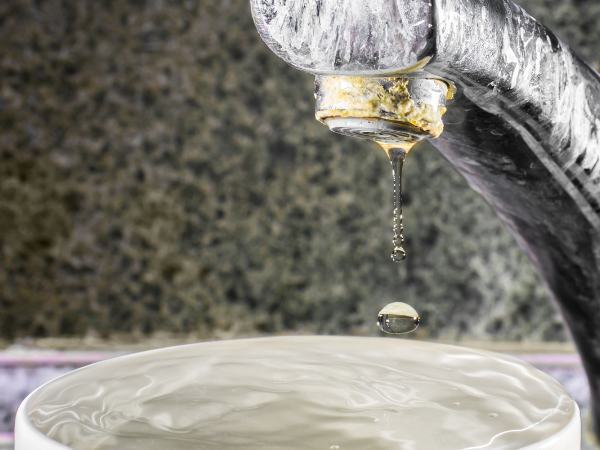Charcoal Filter Systems

The Parts That Make Up Charcoal Filter Systems
Systems that use activated charcoal as their principal filtration media are known as charcoal filter systems. These units are made to purify the water and improve its flavor by getting rid of harmful substances and unpleasant odors. One or more activated charcoal filters are housed in a filter system's housing unit. After entering the housing, the water flows through the filters, where the activated charcoal can collect and remove contaminants.
Pitcher filters, faucet filters, countertop filters, and even under-sink filters are just some of the various filtration systems that use charcoal. There are benefits and preferences to consider while choosing between the various types. Water pitcher filters are lightweight and easily transportable systems that use charcoal to purify water. Users can fill the pitcher up with tap water and watch as the activated charcoal filters out harmful substances. Pitcher filters are helpful for places with limited access to clean water or for households with a small number of people.
Where You Can Put Your Charcoal Filter System
Filters that attach to your sink's faucet let you filter water whenever you need it. The water is sent through the charcoal filter via a switch or lever. Easy to install and providing a constant supply of clean water for drinking, cooking, and other uses, faucet filters are a great addition to any kitchen. They are widely used in places where a specific filtration system is not present.
Filters for the sink's countertop attach to the water supply via a hose or tube and sit atop the sink. A charcoal filter is used to purify the water before it is delivered to a designated drinking water faucet. The filtration capacity of countertop filters is greater than that of pitcher or faucet filters, making them more practical for households with a higher water consumption rate.
Filters that fit beneath the sink can be attached to your home's preexisting plumbing. Although they are more expensive and require professional installation, they provide superior, all-encompassing filtration. Under-sink filters typically have more than one filtration stage, and some models even use reverse osmosis in addition to activated charcoal and sediment filters. They supply potable and culinary-grade filtered water.
Investing In A Charcoal Filter System Has Many Advantages
The advantages of using a charcoal filter system are that they are cheap, simple, and widely available. In addition to enhancing the water's flavor and aroma, they are also excellent at removing organic pollutants, chlorine, and some heavy metals. It's worth noting, too, that these systems might not be able to handle pollutants or impurities in water at particularly high concentrations. In such a scenario, sophisticated filtration techniques may be required.
To get the most out of charcoal filter systems and to keep them running for as long as possible, routine maintenance is required. Filter replacement instructions are normally provided by the manufacturer and are based on consumption and water quality. Overall, charcoal filter systems provide an easily accessible and effective method of enhancing water potability. They're commonplace in homes, workplaces, and everywhere else where people value drinking water for its purity and flavor.




